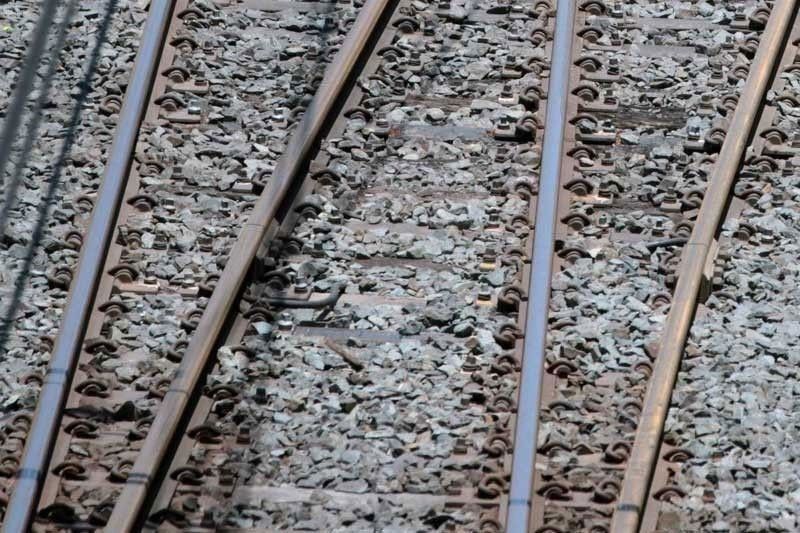
MANILA, Philippines — The government is looking to start the construction of the Subic-Clark-Manila-Batangas railway, a flagship project of the Luzon Economic Corridor, by 2027.
Speaking during the Philippine Economic Briefing Roadshow in Tokyo, Japan, Trade Secretary Alfredo Pascual said the $3.2-billion Subic-Clark-Manila-Batangas railway is among the projects to be undertaken to boost economic activities across the Luzon Economic Corridor.
The development of the Luzon Economic Corridor is among the outcomes of the Trilateral Leaders’ Summit of the US, Japan and the Philippines in April.
“The project design is on track for completion by 2026, with construction set to commence in 2027,” Pascual said.
Spanning 250 kilometers, the project will connect two parts, with one in Subic and another in Batangas, passing through Metro Manila.
The railway project is expected to streamline logistics, reduce transportation costs and promote better economic integration.
“It will connect major ports, industrial parks, special economic zones and education and employment centers in the former US bases, the capital city and a port province south of Manila,” Pascual said.
Apart from the Subic-Clark-Manila-Batangas railway, the Clark International Airport will also be expanded as part of the projects to support the development of the Luzon Economic Corridor.
Construction of the Clark National Food Hub, which is another project being pursued for the development of the Luzon Economic Corridor, is set to start next year.
Aside from enhancing connectivity between Subic Bay, Clark, Manila and Batangas, the development of the economic hub is expected to accelerate investments in high-impact infrastructure projects including railways, ports modernization, clean energy, semiconductor supply chains and agribusiness to drive economic growth.
Pascual also said the Philippines welcomes investments in Tier I activities, which include all forms of recycling, privately owned materials recovery facilities, wastewater treatment, as well as facilities for old public utility vehicles and industrial tree plantations.
He said there are investment opportunities in Tier II activities, which aim to fill the gaps in Philippine value chains for green ecosystems, health care, defense, energy, food and agriculture.
“We are particularly keen on investments in electric vehicle assembly, renewable energy (RE), electronic devices like wearable solar devices, integrated circuits for smart grid and RE, bioplastics and biopolymers, energy efficiency and conservation projects, energy storage technologies and organic agriculture,” the Trade chief said. — Louella Desiderio
*****
Credit belongs to: www.philstar.com
 Atin Ito First Filipino Community Newspaper in Ontario
Atin Ito First Filipino Community Newspaper in Ontario







